Time: 2025-09-03 07:20:43 Source: Henan Province Jianyun Cable Co., Ltd.
Exporting power cables to the Middle East requires compliance with diverse regulatory frameworks, standards, and certifications specific to each country in the region. These requirements ensure safety, quality, and compatibility with local electrical systems and environmental conditions. The Gulf Cooperation Council (GCC) countries—Saudi Arabia, United Arab Emirates (UAE), Kuwait, Qatar, Bahrain, and Oman—share some harmonized standards, while other Middle Eastern countries like Iran, Iraq, and Israel have unique regulations. This guide outlines the key local requirements, regulations, standards, and certifications for exporting power cables to the Middle East, with a focus on achieving compliance for successful market entry as of September 2025.
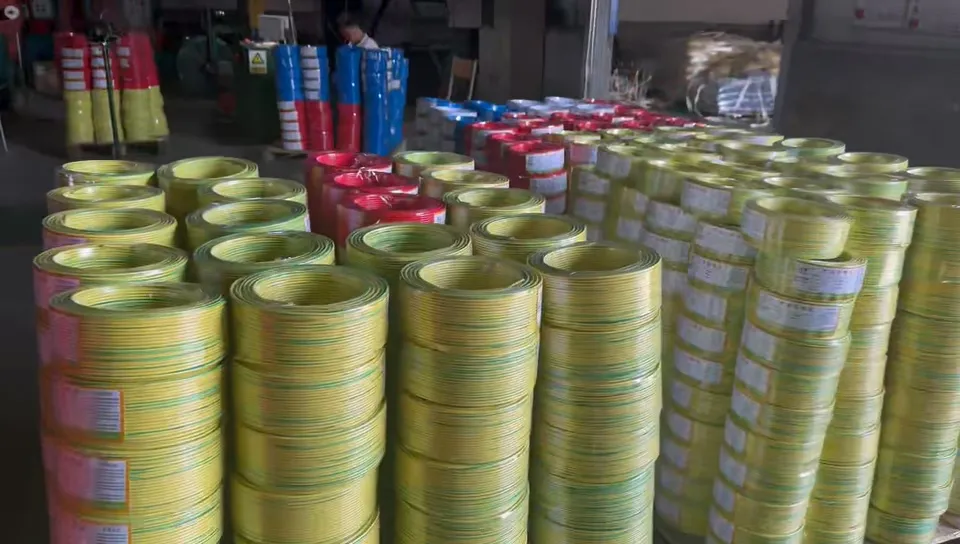
Power cables exported to the Middle East must meet stringent safety, performance, and environmental standards to ensure compatibility with local electrical grids (typically 220–240 V, 50 Hz for single-phase; 415 V for three-phase) and harsh environmental conditions (e.g., high temperatures up to 50°C, UV exposure, and dust). Key requirements include:
Failure to meet these requirements can result in customs rejections, project delays, or legal penalties.
Several regulatory bodies oversee standards and certifications for power cables in the Middle East. The following are critical for exporters:
| Country/Region | Regulatory Body | Certification | Details |
|---|---|---|---|
| GCC (Saudi Arabia, UAE, Kuwait, Qatar, Bahrain, Oman) | Gulf Standardization Organization (GSO) | G-Mark | Mandatory for low-voltage electrical products (50–1000 V AC, 75–1500 V DC) under Gulf Technical Regulation BD-142004-01. Indicates compliance with safety and performance standards. |
| Saudi Arabia | Saudi Standards, Metrology and Quality Organization (SASO) | SABER | Online platform for product registration and CoC issuance, mandatory since 2019 for electrical products. Requires annual renewal and retesting for critical component changes. |
| UAE | Emirates Authority for Standardization and Metrology (ESMA) | ECAS | Ensures compliance with UAE standards for electrical products. Accepts CB reports or EU CE test reports. |
| Kuwait | Kuwait Standards and Metrology Department (KOWSMD) | COC | Requires a CoC for each batch, verifying compliance with technical and safety standards. |
| Qatar | Qatar General Organization for Standards and Metrology (QGOSM) | CoC | Mandatory for electrical products, with specific voltage requirements (240 V or 220–240 V, 50 Hz). |
| Israel | Standards Institute of Israel (SII) | SII Approval | Mandatory for products >9 V DC, based on CB test reports. Optional SII Mark requires factory inspection. |
| Iran | Institute of Standards and Industrial Research of Iran (ISIRI) | COI | Certificate of Inspection required for customs clearance, based on ISIRI standards. |
| Iraq | Central Organization for Standardization and Quality Control (COSQC) | CoC | Required for all regulated products, including cables, with random destination inspections. |
Power cables must comply with international and regional standards to ensure safety, performance, and compatibility. Common standards include:
Regional standards may supplement these, such as SASO standards in Saudi Arabia or QGOSM standards in Qatar, often aligning with IEC but including local adaptations (e.g., high-temperature performance).
Each Middle Eastern country has unique requirements for power cables, reflecting local electrical systems and environmental conditions:
To successfully export power cables to the Middle East, follow these steps:
| Challenge | Solution |
|---|---|
| Diverse Regulations | Partner with consultants familiar with regional standards (e.g., SASO, ESMA). |
| Certification Costs | Use dual-certified cables (e.g., TUV/IEC) to cover multiple markets, reducing testing costs. |
| Counterfeit Certifications | Verify certificates through official databases (e.g., TUV Rheinland, UL). |
| Customs Delays | Ensure complete documentation (CoC, test reports) and use experienced freight forwarders. |
| Environmental Compliance | Select UV-resistant, high-temperature cables (e.g., XLPE, TPE) for Middle Eastern climates. |
Exporting power cables to the Middle East requires meticulous compliance with local regulations, standards, and certifications, such as G-Mark, SABER, ECAS, and CoC, tailored to each country’s requirements. By adhering to standards like IEC 60502-1 and IEC 60332-1, obtaining certifications from accredited bodies, and preparing thorough documentation, exporters can ensure market access and avoid costly delays. Addressing challenges through strategic planning, reliable suppliers, and proper logistics ensures cables meet safety, performance, and environmental demands, supporting successful solar and electrical projects across the region.
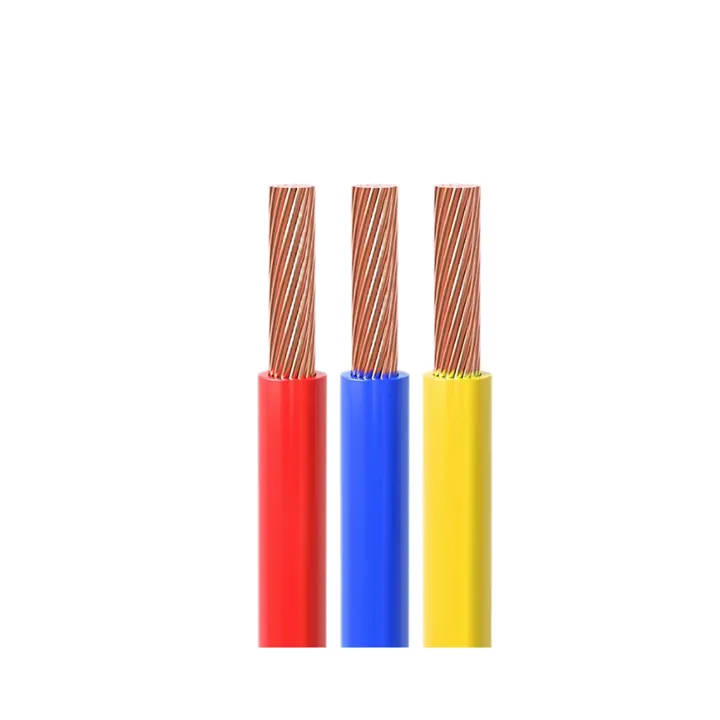
CE Certification 450/750v H07VVF Flexible Copper PVC Insulated Ac Cable 3*2.5 Mm
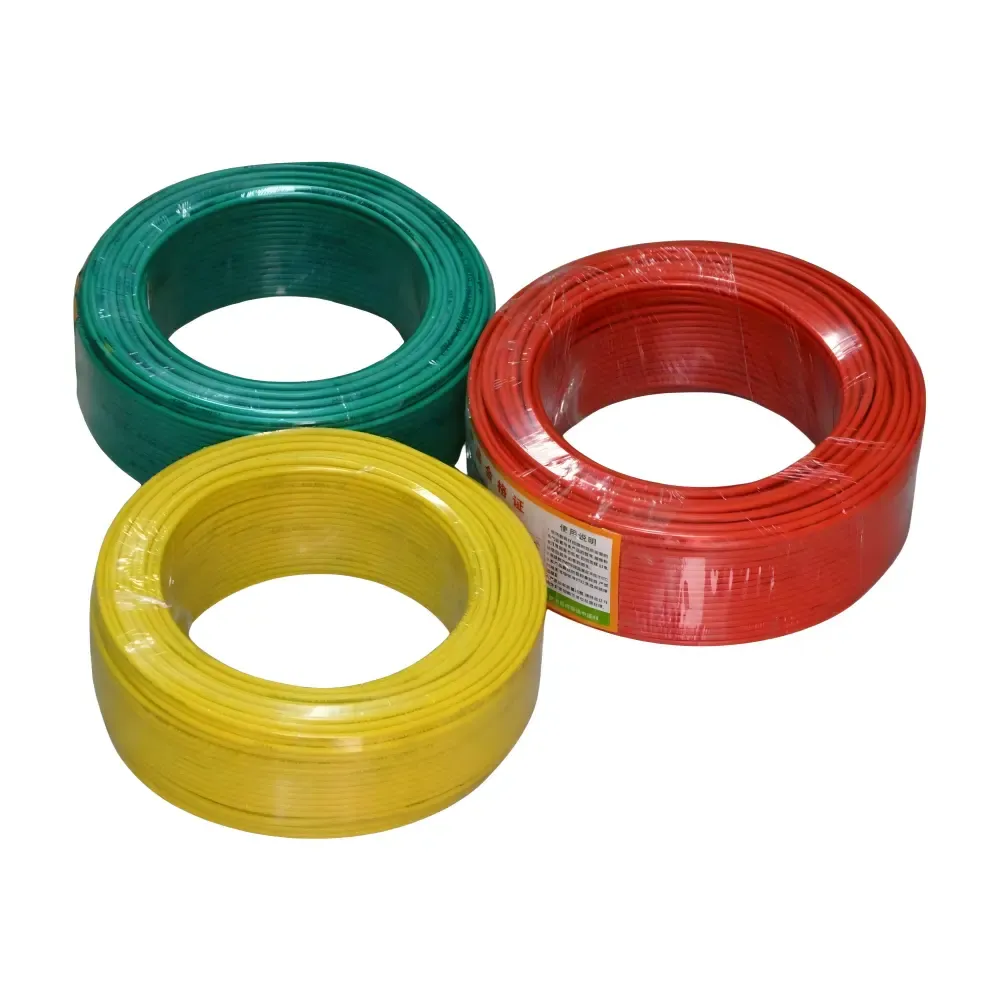
low voltage copper conductor PVC insulation underground BV BVR cable for industr
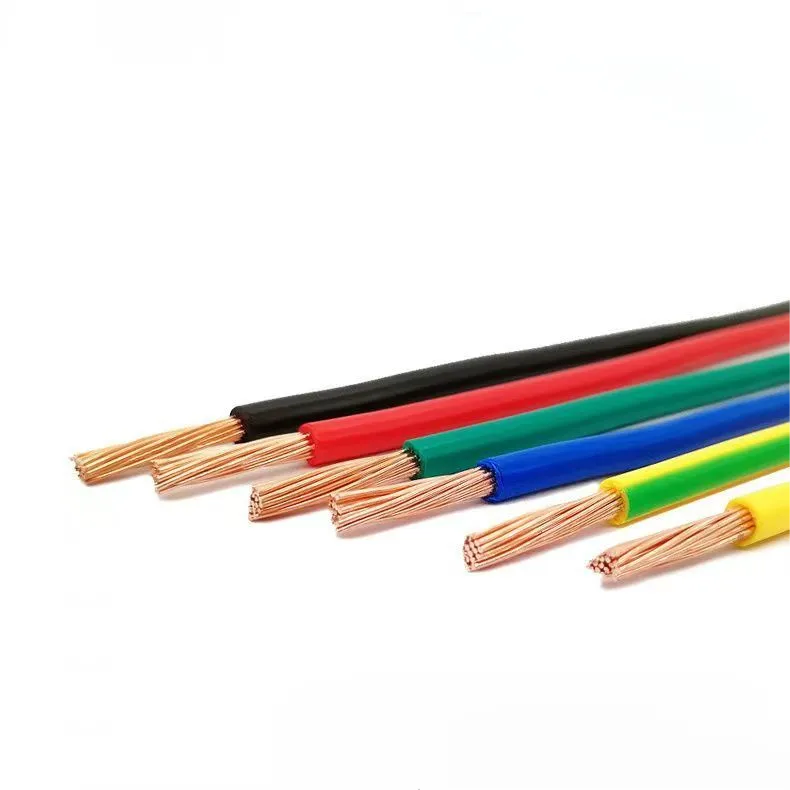
PVC electric wires are one of the most widely used electrical conductors in resi
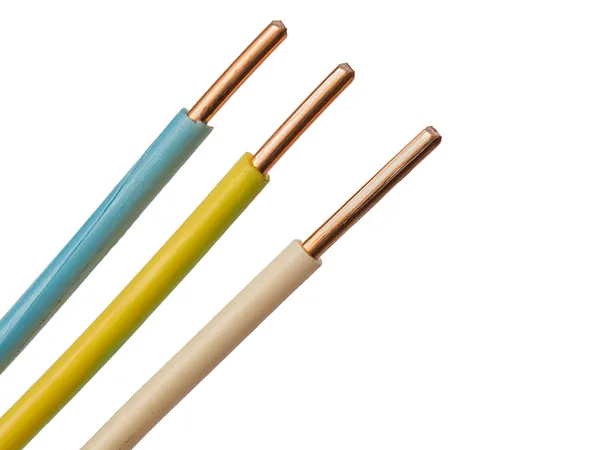
H07V-U wire is a flexible, low voltage electrical wire commonly used in industri